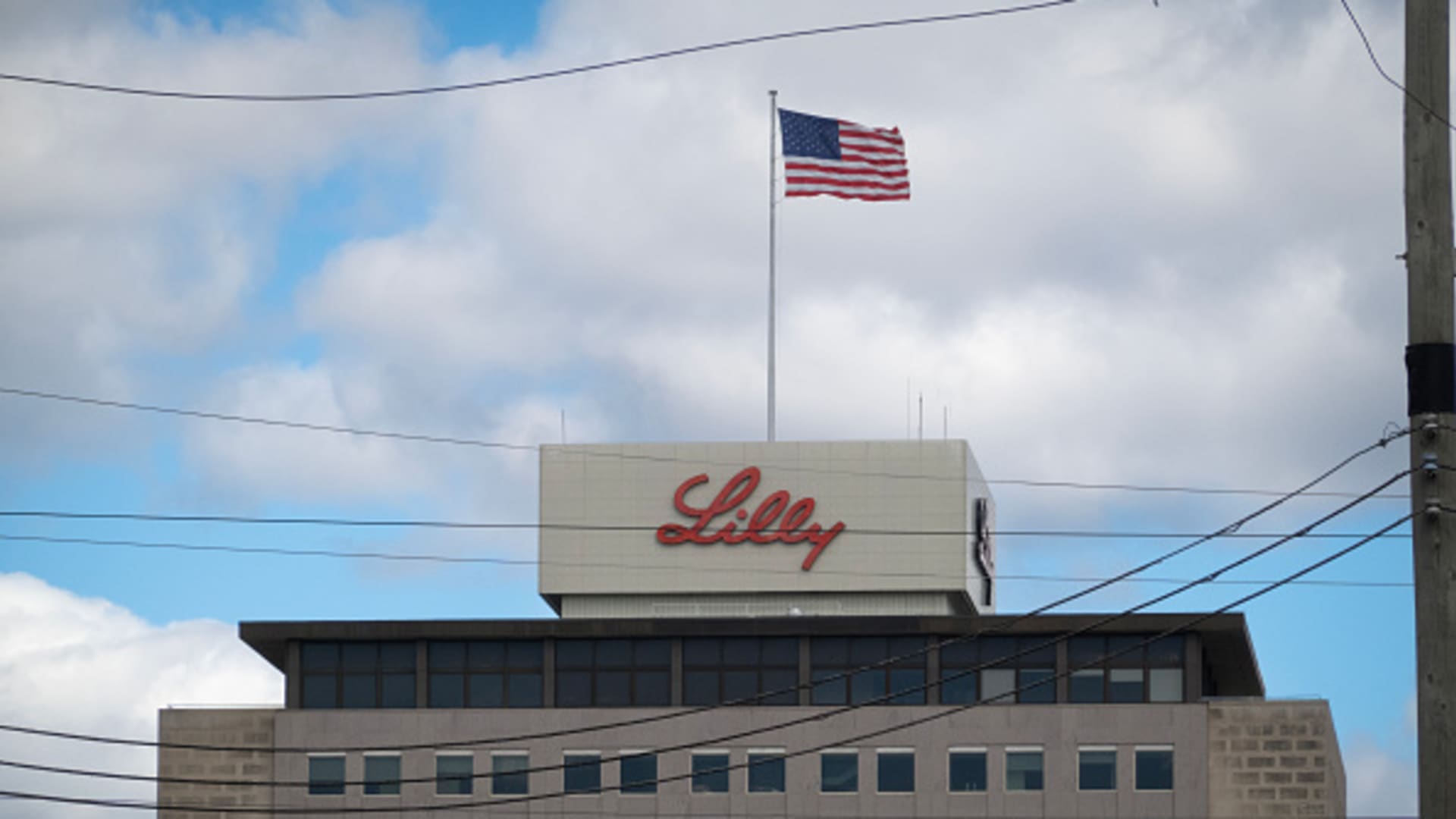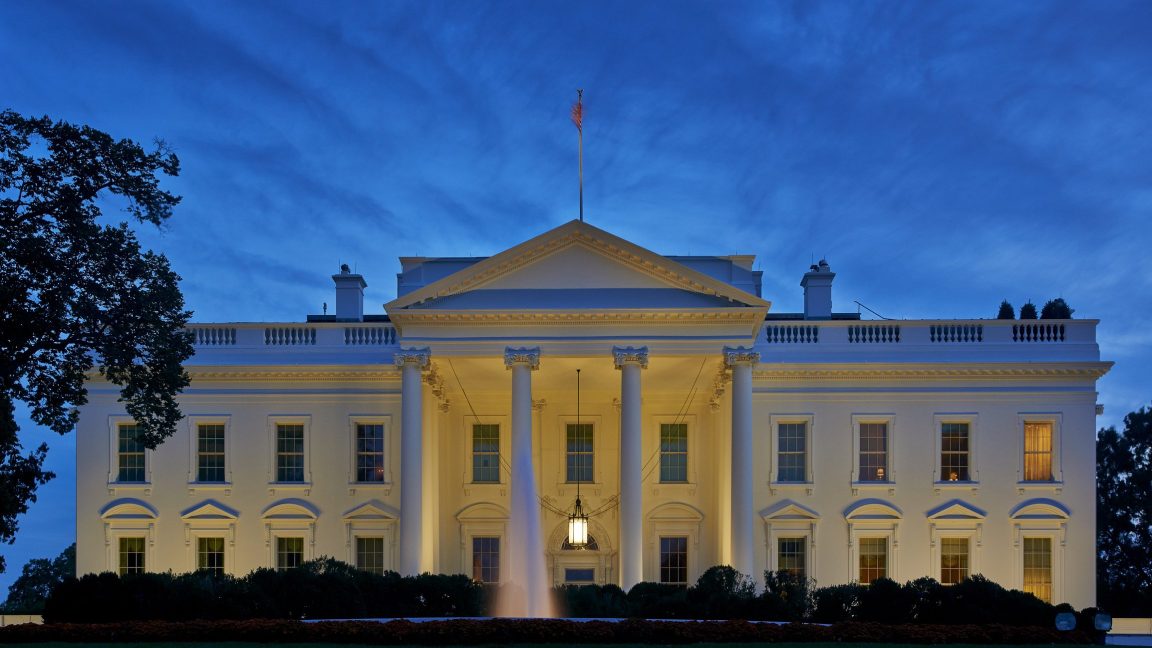
Club name Eli Lilly will be riding the obesity-drug wave for years to come, but the world’s most valuable health-care company is not forgetting to stock its pipeline with other potential winners. The latest bit of evidence: Eli Lilly on Tuesday announced plans to buy gene-editing firm Verve Therapeutics for as much as $1.3 billion — its third small deal of the year. It comes just weeks after Lilly said it was buying pain-focused biotech SiteOne Therapeutics for up to $1 billion. In January, Lilly bought an experimental breast cancer drug from Scorpion Therapeutics for up to $2.5 billion. Lilly’s interest in Verve is hardly a surprise because the two companies already had an existing partnership that covered its lead asset, an experimental cardiovascular disease treatment known as Verve-102. Verve is a clinical-stage company, meaning all its assets are still in development and not on the commercial market. In a note to clients on Tuesday, analysts at Canaccord Genuity who cover Verve said “at this price, [Eli Lilly] is getting quite the deal.” Unsurprisingly, shares of Verve soared on the news — blowing past the $10.50 apiece that Lilly agreed to pay up front. Verve shareholders could receive an additional $3 per share if Verve-102 enters a late-stage trial in the U.S. within a decade of the deal closing. After going public in 2021, Verve’s stock got off to a hot start during a speculative period for the market overall. But shares eventually cooled off considerably, as did investor interest in gene-editing stocks more broadly. Verve shares entered the week down more than 90% from their September 2021 record close. VERV ALL mountain Verve Therapeutics’ stock performance since going public in 2021. Meanwhile, shares of Lilly were down a little more than 1% on Tuesday. The stock entered the day up around 13% from its lowest close of the year on May 23, which was the culmination of a brutal, multiweek sell-off on fears about competitive dynamics in the GLP-1 obesity market . We added to our Lilly position on May 22 , believing the pullback was excessive. Verve in April reported positive initial data on Verve-102 in an early stage clinical trial, and said it plans to begin dosing patients in a midstage phase-2 study later this year. At the time, Cantor Fitzgerald called the April data “a clear win” for Verve-102. Verve-102 is designed to “turn off” a gene in the liver called PCSK9 that is involved in regulating the amount of “bad” cholesterol in the blood. Some naturally occurring mutations of that gene lead people to have low cholesterol; others lead to high cholesterol, which puts them at higher risk for developing cardiovascular disease. Right now, the target population for Verve-102 is people with a genetic condition that leads to high levels of “bad” cholesterol, as well as those who have premature coronary artery disease. By dosing those patients with Verve-102, the thinking is that they should see reduced amounts of “bad” cholesterol in their blood. Verve sees this as a one-time treatment. If the drug proves successful, it’s possible the treatment group could expand beyond high-risk patients. In an interview with CNBC’s Angelica Peebles earlier this year, Lilly Chief Scientific Officer Dan Skovronsky said he believed the company was capable of solving one of the big issues surrounding gene-editing technology, which is getting the treatments to the right part of the body. Last year, Lilly opened a $700 million genetic medicine R & D facility in Boston. Bottom line We’re still years away from Verve-102 potentially hitting the market — remember, phase 2 is starting later this year — but nevertheless, it is an interesting move for Lilly. In the pharmaceutical world, having a strong pipeline is essential to long-term success. Of course, the main character in the Lilly story remains GLP-1 weight-loss drugs, and it figures to stay that way for quite some time. In addition to the blockbuster Zepbound, Lilly is aggressively pursuing next-generation obesity treatments, including an oral GLP-1 that could expand the market further. However, as investors with a multiyear time horizon, we want to see Lilly putting more shots on goal through acquisitions to complement the organic research and development happening within the company. We felt that way back in 2023 when Lilly went on a buying spree that year . Fast forward to the present, and we’re expecting data soon on bimagrumab , which is one of the assets that the company picked up in that prior string of deals. What that means is the payoff from Verve, SiteOne or the Scorpion cancer drug should not be expected anytime soon. But that doesn’t mean investors cannot find comfort in what it’s doing now, knowing that Lilly isn’t getting complacent with the success of its GLP-1s. (Jim Cramer’s Charitable Trust is long LLY. See here for a full list of the stocks.) As a subscriber to the CNBC Investing Club with Jim Cramer, you will receive a trade alert before Jim makes a trade. Jim waits 45 minutes after sending a trade alert before buying or selling a stock in his charitable trust’s portfolio. If Jim has talked about a stock on CNBC TV, he waits 72 hours after issuing the trade alert before executing the trade. THE ABOVE INVESTING CLUB INFORMATION IS SUBJECT TO OUR TERMS AND CONDITIONS AND PRIVACY POLICY , TOGETHER WITH OUR DISCLAIMER . NO FIDUCIARY OBLIGATION OR DUTY EXISTS, OR IS CREATED, BY VIRTUE OF YOUR RECEIPT OF ANY INFORMATION PROVIDED IN CONNECTION WITH THE INVESTING CLUB. NO SPECIFIC OUTCOME OR PROFIT IS GUARANTEED.








